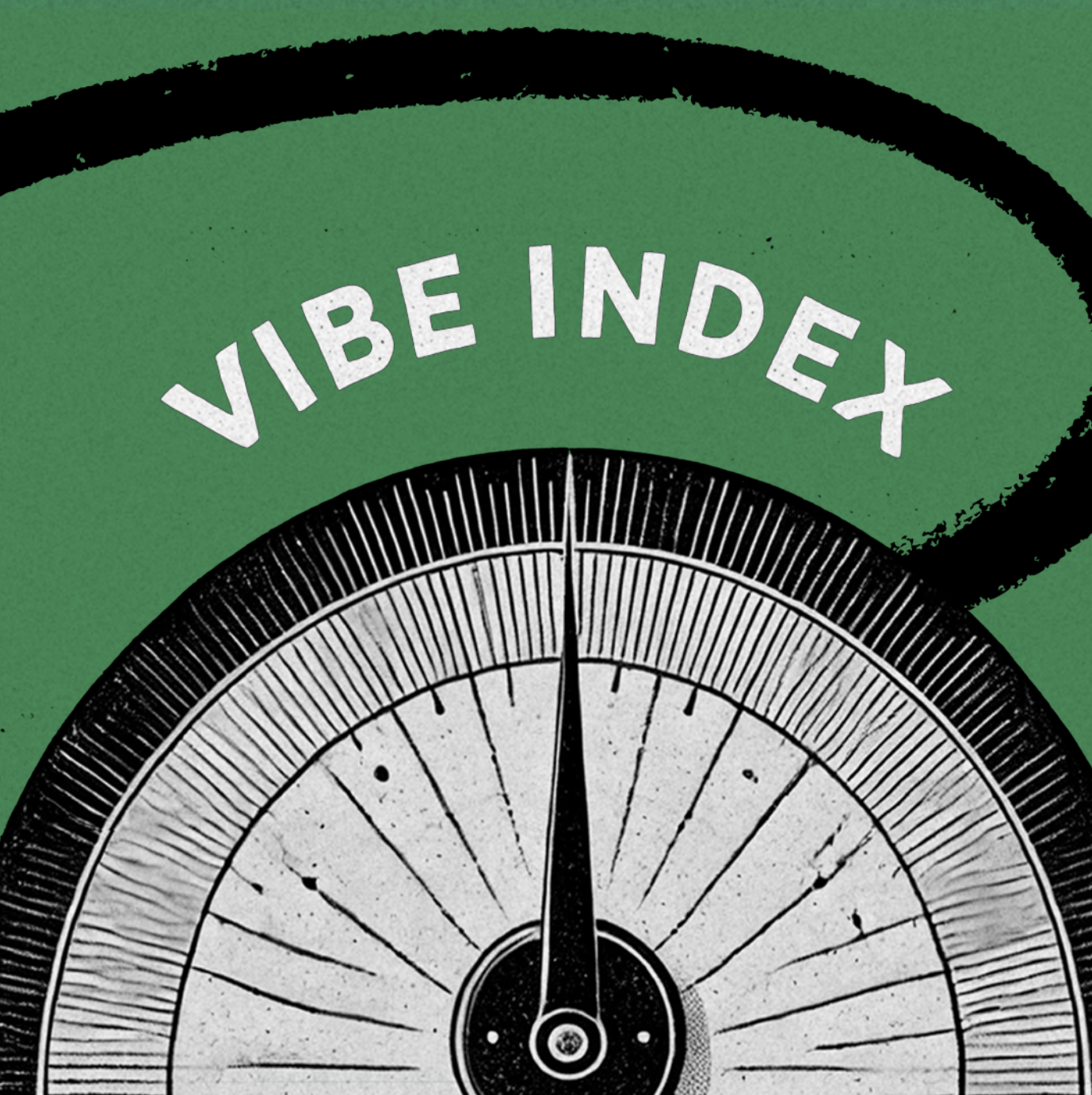 |
|

Was this newsletter forwarded to you? Sign up to get it in your inbox.
Kyla Scanlon is good at the internet. She is the rare economics commentator who has become popular not for having sensationalist takes, but for producing smart and accessible explainers that people under the age of 60 like. The 27-year-old Kentucky native, who coined the term “vibecession” in June 2022, has amassed 172,000 followers on X. She just published her first book, In This Economy?: How Money and Markets Really Work.
Scanlon isn’t just a popular economics commentator—she’s a helpful stand-in for anyone trying to understand how Gen Z views economic theory in the context of today’s markets. In case you have forgotten, things have been, like, kinda weird over the last decade. But this is economics revisited for a generation that was in elementary school during the 2008 financial crisis, and for whom the pandemic economy, and the resultant inflation, has commanded much of their adult experience. The America portrayed in most economics textbooks, one where if you work hard, you can afford a house and make a comfortable living, is largely gone. Instead, it is a stranger, more complicated place.
In This Economy is an attempt to help the layperson understand the underlying forces driving all this weirdness. It’s the kind of book you may give to a high schooler asking questions about the economy for the first time—not quite a textbook, not quite a theory proposal. Scanlon starts with the most fundamental concepts, such as how money works and supply and demand. From there she springboards into newsy items and theories as diverse as Marxism, how “Taylor Swift tickets show the influence of corporations and how sometimes price fluctuations are not just about supply and demand,” why the gold standard is no longer a good idea, and the collapse of the crypto exchange FTX.
Where Scanlon is most inventive is in her serious study of “vibes,” which she defines as “our collective feelings about the economy.” The idea that emotions play a role in the economy isn’t new. My more economics-oriented readers could consider vibes as a term loosely adjacent to consumer sentiment or Keynes’s notion of the animal spirit.
Her concept has more depth than those theories. I would characterize economic vibes as collective feelings in the digital age. Almost all previous versions of economic theory around consumer sentiment have been formed in a pre-internet world. Until now, no one had updated those frameworks for the age of algorithms. When I emailed Scanlon about how she would compare her theory to Keynes's, she told me, “Keynes is around fundamentally psychological forces that drive economic decisions, whereas vibecession is a disconnect between data and sentiment.” Now that services like Instagram and TikTok—whose primary value proposition is entertaining emotional manipulation—provide such an abundance of data, vibes feel (ha!) like a bigger idea to me.
Become a paid subscriber to Every to learn about:
- The generational divide in economic understandingScanlon's accessible and opinionated approachThe untapped potential of emotion-driven forecasting
Click here to read the full post
Want the full text of all articles in RSS? Become a subscriber, or learn more.

